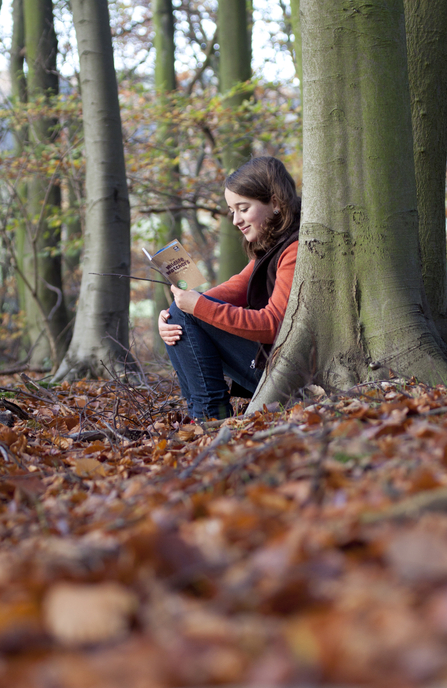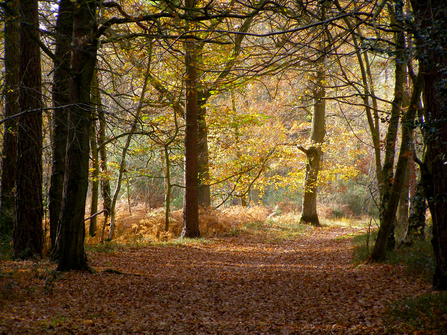The natural world can be therapeutic in many ways: it helps stimulate the senses, brightens your mood and can take your mind off daily stresses and worries. Engaging in the immediate world around you, and taking in the sights, sounds and smells, not only helps you to be more present and mindful but can also help you to switch off the mental load and constant stream of thoughts.
Connecting with nature does not always mean long hikes in forests and wild landscapes, you can experience nature’s benefits from the smallest of green spaces. This could be watching insects or birds from your garden or balcony, taking in their movements and calls or just simply listening to the leaves in the wind on a park bench.



